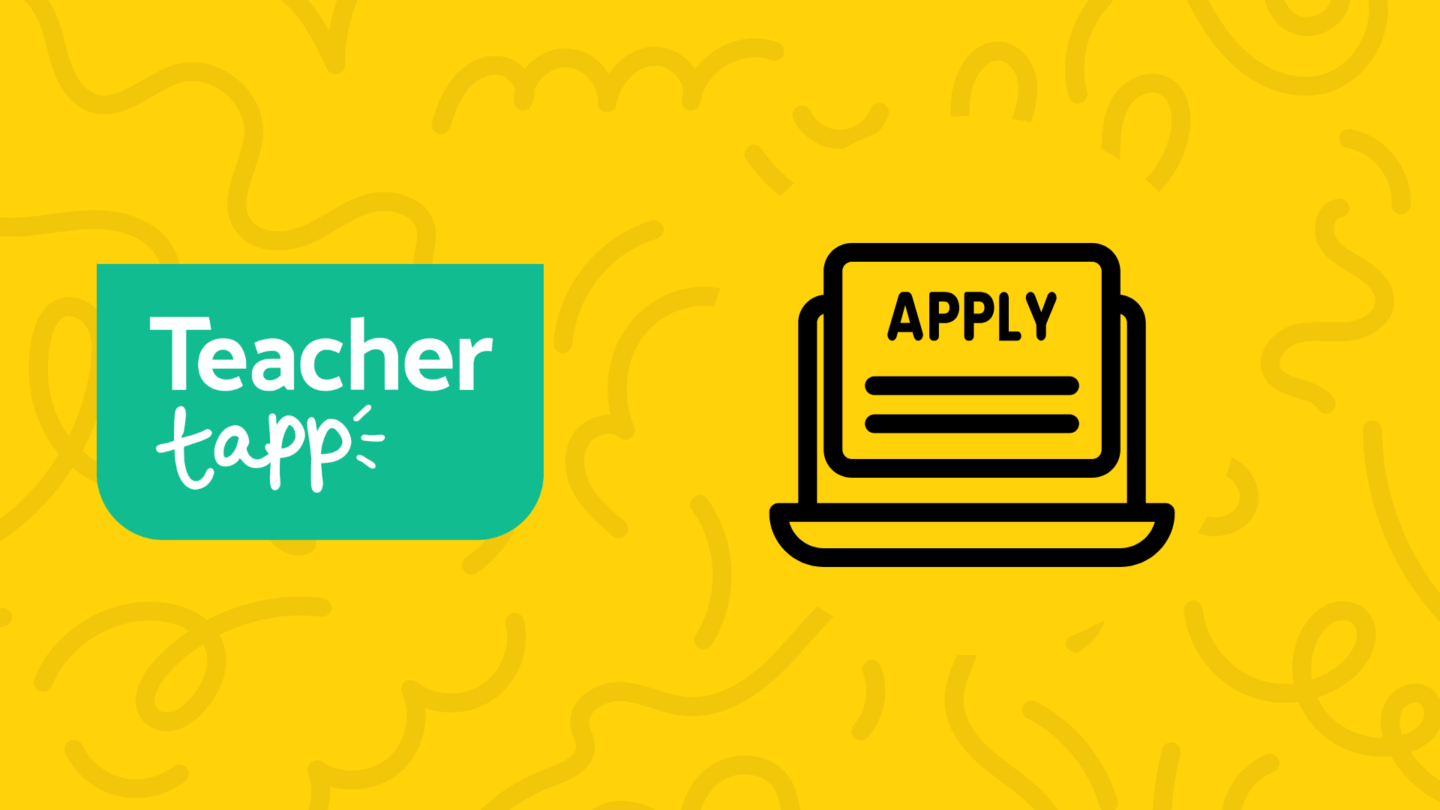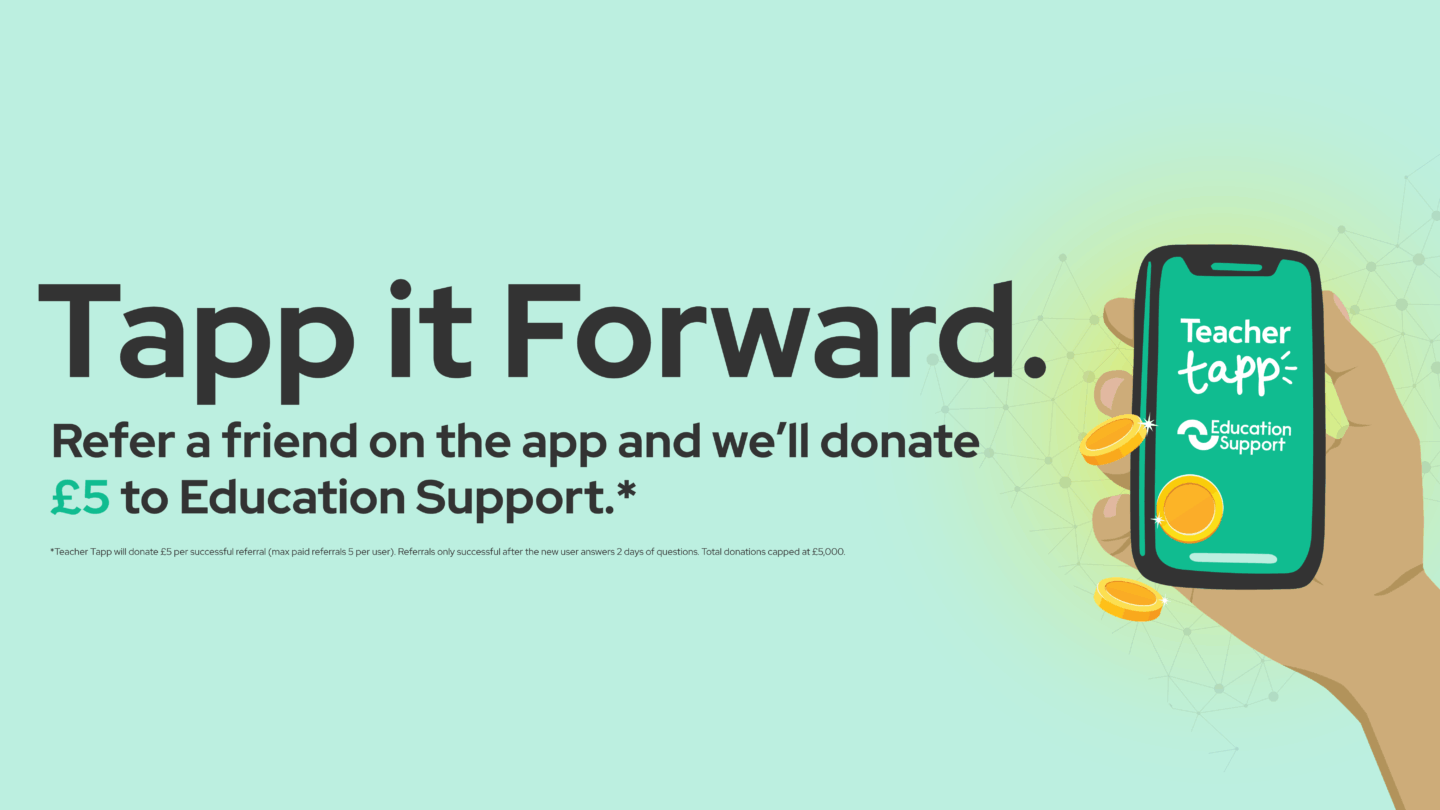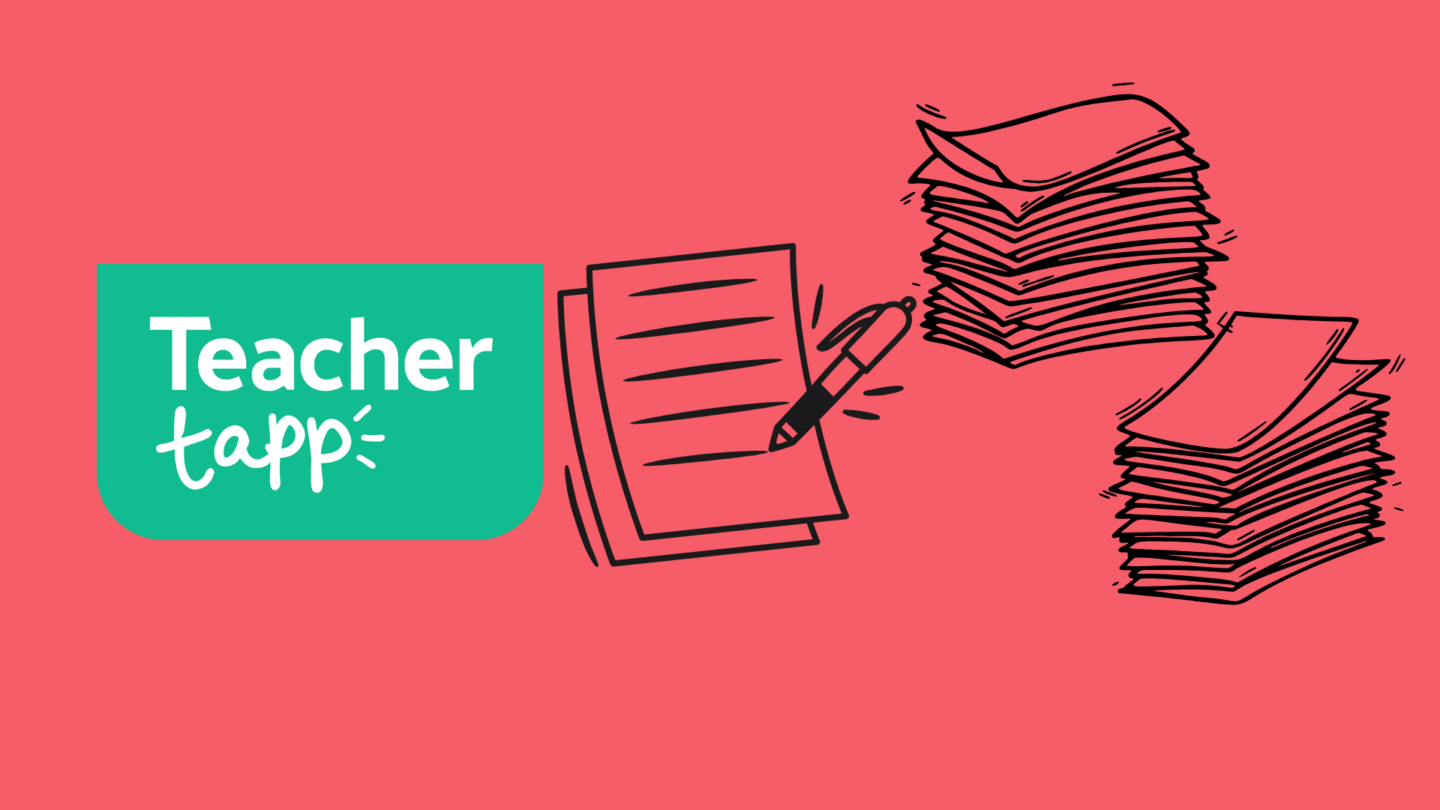1. How long is the ideal summer holiday?
Summer is finally over! Do you regret having so much of your holiday concentrated in one block? Teachers constantly suggest their life would be better if the holidays were redistributed in different ways. Most people suggest a shorter summer with longer breaks elsewhere.
Every time we ask about preferences, the results are evenly split between the options, meaning that whatever is decided, a majority will always be upset!
One hypothesis was that teachers preferred longer summers while they were having them, but would prefer more time off in the winter during the winter. Actually, results are fairly consistent all year round.
2. Ain’t no party like an INSET party
Every September, throngs of teachers work their way back to school for annual ‘INSET’ day preparations. The In-Service Training days are part of a historical legacy created to help teachers prepare for new curricular practices.
But how many days do you get to ease your return? Laura taught in a school that had no INSET day and so she was thrown into teaching. Thankfully, this is pretty unusual. Just 1% of teachers face this fate.
Most of you (56%) have 2 days of INSET before starting, and 7% of you have more than 2 days. So much prep!
So what have you been doing on these days without students? Well, headteachers love to give a briefing to get the year started, then most teachers get a bit of statutory training and plenty of time to plan and prepare for the year. (We’ve asked this question in 2018 and 2019 and there is almost no difference in what you are doing this year compared to last.)
3. Such a thing as free lunch?
On the first day of school, many schools provide their teachers with a delicious lunch. (Ok, it’s usually a sandwich with a smattering of ham and piccalilli.)
But, look! Primary teachers – you are getting done over. While 74% of secondary teachers are given a free lunch on INSET day, just 33% of primary teachers are!
Plus, the dark green shows the proportion of teachers who get a free lunch EVERY DAY. The private sector splashes out around 70% of the time (68% in primary, 77% in secondary) whereas only a tiny proportion of state teachers get a free lunch.
4. How are teachers feeling about the new school year?
Teachers are typically optimistic about the year ahead. This is good! Optimism is important when facing the exhausting autumn term.
Despite the optimism, even the best of us can get caught by the dreads. This is not good because teacher wellbeing matters a lot. Unhappy, stressed teachers are not going to stay in the profession long-term. We therefore ask about your wellbeing a lot, too. And in different ways. In almost every question, men and women come out the same on these measures.
Last week we asked about how much sleep you were losing from worrying and we found a substantial difference. 1 in 4 men never loses sleep due to worrying, whereas the rate for women is just 1 in 10! These gender differences have been found in other social surveys (who use exactly the same wording to us), but it isn’t currently well understood why women’s sleep is so much more disrupted than men’s.
Also – a correlation! We found that those who are very pessimistic also frequently lose sleep from worrying. Is it the lack of sleep that causes the pessimism, or the other way around? Answers to the usual social media channels, please!
Who are the pessimistic people who also aren’t sleeping? Headteachers, older teachers in their 50s, those in RI or inadequate schools, and those in special/AP and disadvantaged schools. Yet again, the private teachers are super happy (and sleeping soundly). 😴
5. How would teachers vote in a 2019 General Election?
A general election is highly possible in the next few months. Teachers are a critical voting mass as there’s half a million of them! But who would teachers currently vote for?
This time last year, Labour support was holding strong, with 48% of teachers saying they would vote Labour.
Now, this intention has collapsed to just 29% of teachers saying they would vote Labour if an election occurred tomorrow. This is particularly surprising given that 60% of once teachers said they voted Labour in the 2017 election.
The collapse did not happen in recent weeks. Back in February, when the Independent Group of MPs started, we saw teachers already attracted by alternatives to Labour…

Since then it appears the Liberal Democrats have become a dominant preference for teachers. In part, this shift has occurred as far fewer people said they ‘didn’t know’ who they would vote for now compared to February (40% didn’t know back then, down to just 20% now).
Is it all Labour voters who are switching?
One challenge to the data is that it might be people from other parties switching to Liberal Democrat (for example, Tories to Lib Dems), while Labour voters are backfilling the Conservative numbers.
The graph below shows how people have shifted their voting intentions beween the 2017 General Election and now. Labour were clearly the largest block back in 2017 but have haemorrhaged voters to ‘don’t know’ and the Liberal Democrats. Note also that the Conservatives are now much smaller, having also lost voters to ‘don’t know’ and a small chunk to the Liberal Democrats

How do we know the figures are representative? One of Teacher Tapp’s core features is that we are voluntary. We don’t force people to sign up and we don’t limit the number of people in certain groups who can join in. This means our sample is sometimes skewed – for example, we have a higher percentage of male teachers on the app than are in the teaching population.
On the other hand, we are able to deal with this via re-weighting. (More on that here). In doing so we make the sample as representative of the teaching population as we can. Note: teachers are not the same as the rest of the population. As a graduate profession, teachers are typically more educated and more highly-compensated than the average adult. How teachers will vote is not how the rest of the country will vote.
If you are worried about the ‘self-selecting’ nature of Teacher Tapp, it is worth noting that all surveys are self-selecting to an extent. Unless it’s illegal not to take part, then some people will always decline. Furthermore, our prior political polls came in at the exact same proportions as polls of teachers carried out by large-scale polling companies. We’ve therefore no reason to think there’s anything politically odd about our tappsters even if they do choose to tapp three times a day!
6. Finally, finally, we know you love the tips so here are last week’s…
- A funny INSET day video
- Viewing learning as a journey or as a destination
- An amazing way to learn student names
- ‘Verbal-only’ feedback
- The pitfalls of popularising new science ideas
- What to do when no student answers your question!
(Still here….? Why not think about promoting Teacher Tapp to your colleagues. Find a poster, video and powerpoint overview here.)





